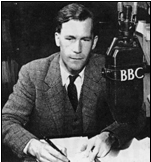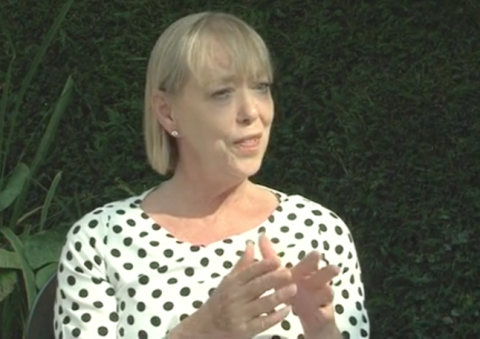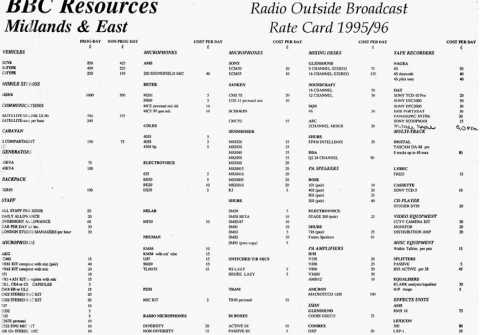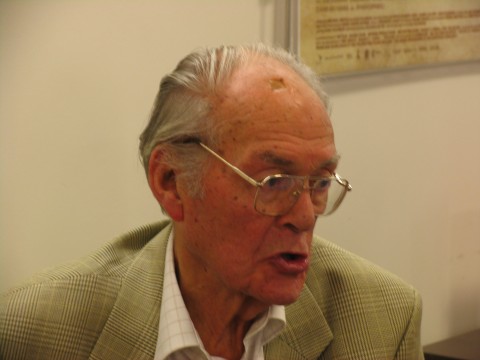
I was lucky enough to view this Philip Donnellan documentary at BBC Birmingham this week. Here is what I made of the film:
This black and white documentary explores what it was like to be a teenage in 1960’s England. It was transmitted on 7 April 1964.
Like several other of Philip Donnellan’s documentaries, the music/voice montages were adapted by Charles Parker. This time from a Radio Ballad called ‘On the Edge’ by Ewan McColl and Peggy Seeger, who sing the songs in the film.
The documentary was made at BBC Birmingham at the Carpenter Road headquarters in Edgbaston. It would have been shot on 16mm film, with sepmag audio. The camera crew were Peter Bartlett and Brian Tufano, sound by Bob Roberts. The sound mixer for the montage sections was Pat Whittaker, and Edward le Lorrain was the film editor. The production assistant was Richard Marquand.
As in much of Donnellan’s work there is no voice over. The contributors tell their own story accompanied by observational camerawork of actuality sequences. Some of the scenes seem rather staged, and less truly observational than desired. This is particularly true of the hitch hiking sequences.
Much of the synch sound comes from close ups of talking heads, which are frequently intercut, to present different perspectives on a subject. The voice montages are re-versioned from the Radio Ballads, with appropriate new visual overlay. The montages provide structural breaks in the film, and punctuate the developing narrative scenes. They also provide an energy, with a myriad of quickly cut sound bites. They are disruptive to the narrative flow. There are several new contributors, and viewpoints besides those from the radio audio montages.
Music accompanies much of the film, and the lyrics from the folk songs that were part of the original Radio Ballad, are perfectly in tune with the subject matter and treatment, although they seem slightly old fashioned in contrast to the pop music performed in different scenes of the documentary.
The film is quite melancholic and downbeat. The representation of teenagerhood is certainly not one of unbridled joy and feelings of liberation. Subjects like drug use and sex before marriage are talked about, but the emphasis is on the difficulty teenagers face in making sense of the world and finding their place within it. Loneliness is another key theme, as is breaking away from parents and their expectations, and living for the moment. The selfishness of being young is also talked about: that you only care about yourself.
The key contributor is a 16 year old girl who has left home, has no money, and gets around by hitching. She is trying to find answers. Along the way she is joined by another similar girl, and the two have some quite philosophical discussions about their perception of life, religion and of nature. They walk in the countryside, and overlook the city, mentioning how beautiful the smoke from the power station looks, and how a tree planted in a streetscape seems so different from a tree in its natural, rural setting. They seem apart from the real world: they are observers from outside, struggling to get a sense of scale. They talk about how when you’re in the city, you unwittingly become part of it, whereas from the top of the hills looking down you can observe and be free. They walk through a hillside graveyard, observed by a handheld camera, and read from some of the gravestones – again pondering meanings of life, and death, and deciding that you’ve got to make the best of the time you’ve got.
We dip in and out of the girls’ story; they provide the narrative thread to the film. When we meet them next they are entering a church, with the vicar mid-sermon. He preaches about young people. Amidst overlay shots of slum clearance, and the high-rise flats that are replacing them. One of the girls talks about wanting to construct something, to make a positive contribution, but that sometimes you need to destroy what is already there, in order to move on.
The last time we meet the 16-year-old girl is at the end of the film. Again she is hitching, this time going south. She says she has a long way to go, and muses nihilistically about the importance of life: that when you die, you become a memory, just a name written in the front of a school book, or clothes that must be discarded from your home. This depressing perspective is in tune with earlier philosophical themes running through the film, and is certainly not the depiction of youth that we expect from the supposedly liberating and hedonistic sixties. It is the girl’s Long Journey we have been following, both her physical journey, and more importantly her metaphorical journey into adulthood.
This film would be most unlikely to be commissioned today. Its treatment would not be appreciated by modern commissioners; there are too many voices, and not enough of a compelling narrative. Although there is a narrative flow to the piece, it is a subtle one, woven by Donnellan, and not inherent in the actual story of the 16-year-old girl. However, the documentary gives us a powerful social commentary on what it could actually feel like to be a teenager in the 1960s, away from more stereotypical images. The film has depth, and a philosophical outlook that makes it withstand the test of time.
Vanessa Jackson
Gordon Astley who worked with Donnellan and Parker added the following comment on the Pebble Mill Facebook Group:
‘I knew Parker and Donnellan in my first week after leaving Wood Norton. I cannot believe now that as young broadcaster I was allowed to wield a razor blade on the “Radio Ballads”. Also remember all the people I worked with slagging them off for being time wasters on arty farty stuff.’




